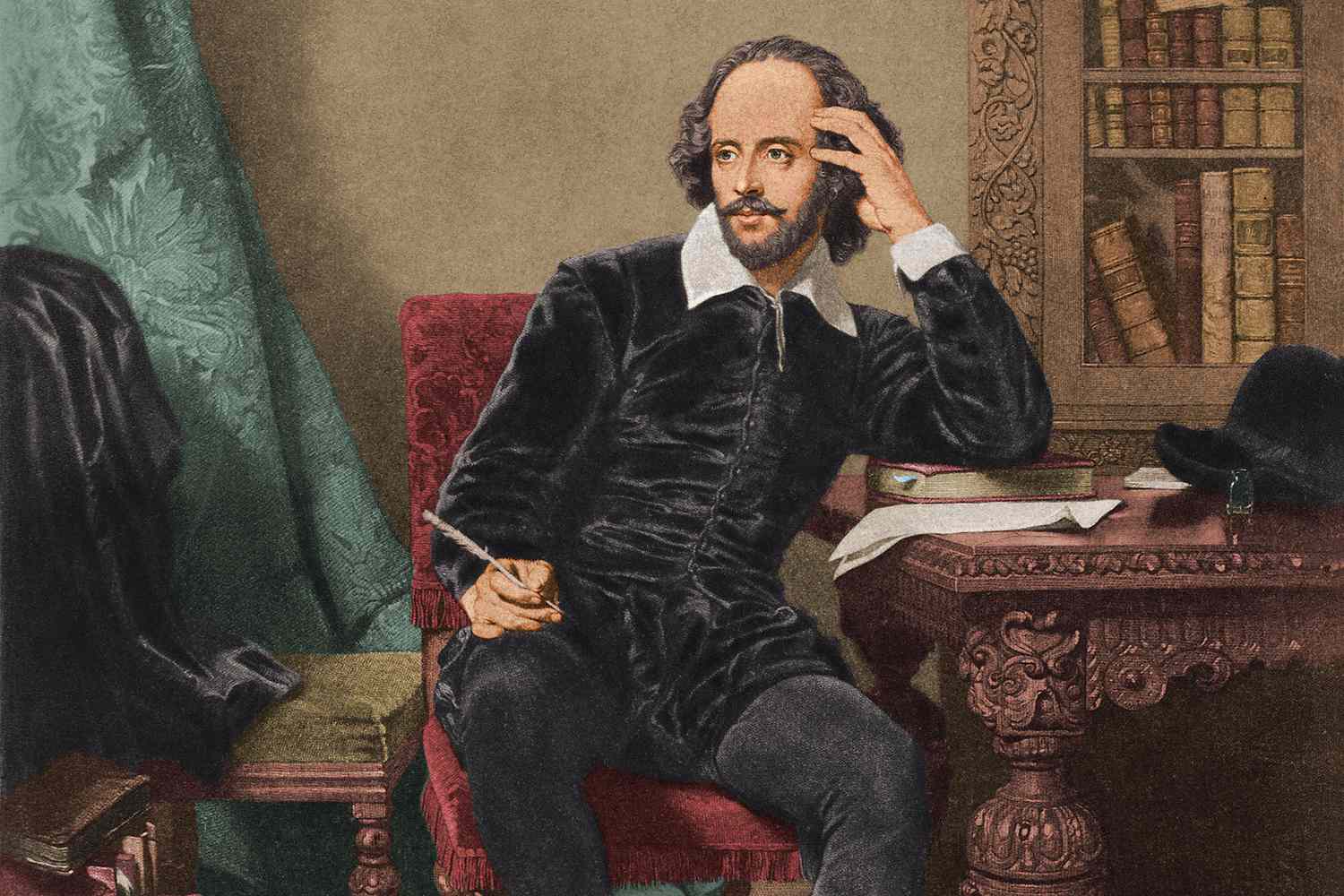politicalphishing.com – Writing is not merely the act of putting words on paper; it is a profound expression of thought, emotion, and philosophy. Throughout history, writers have been the torchbearers of human insight, offering perspectives that challenge, comfort, and inspire. From the classical to the contemporary, each writer’s unique philosophy has left an indelible mark on the literary landscape. This article delves into the lives and philosophies of some of the most influential writers, exploring the ideas that shaped their work and, in turn, the world.
- Plato: The Philosopher’s Legacy
Plato, an ancient Greek philosopher, laid the groundwork for Western philosophy through his dialogues. His work, particularly “The Republic,” explores the concept of justice, the ideal state, and the philosopher-king. Plato’s philosophy is deeply intertwined with his writing, as he believed that the pursuit of knowledge and truth was the ultimate goal of human existence. His Socratic method of questioning and his theory of forms have influenced countless writers and thinkers, emphasizing the importance of critical thinking and the pursuit of wisdom. - William Shakespeare: The Bard’s Humanism
William Shakespeare, often hailed as the greatest writer in the English language, infused his plays and sonnets with a profound humanism. Through characters like Hamlet, King Lear, and Romeo and Juliet, Shakespeare explored the complexities of the human condition, including love, power, and mortality. His philosophy was one of empathy and understanding, showcasing the capacity for greatness and folly within us all. Shakespeare’s works remind us of the enduring nature of human emotions and the timelessness of our struggles. - Mary Wollstonecraft Shelley: A Visionary of Science and Ethics
Mary Shelley, author of “Frankenstein,” was a pioneer in the realm of science fiction. Her novel, a product of her philosophical musings on science, ethics, and humanity, raises questions about the moral implications of scientific advancement. Shelley’s work reflects her belief in the necessity of compassion and responsibility in the face of progress, a philosophy that remains relevant in our technologically driven age. - Ralph Waldo Emerson: The Voice of Transcendentalism
Ralph Waldo Emerson was a central figure in the Transcendentalist movement, which emphasized the inherent goodness of both people and nature. His essays, such as “Nature” and “Self-Reliance,” advocate for individualism, nonconformity, and the rejection of societal norms. Emerson’s philosophy encouraged readers to trust their intuition and to find truth and beauty in the natural world, a message that resonates with those seeking authenticity and connection. - Virginia Woolf: A Modernist’s Perspective on Consciousness
Virginia Woolf, a leading modernist writer, revolutionized the novel with her stream-of-consciousness technique. In works like “To the Lighthouse” and “Mrs. Dalloway,” Woolf explored the inner lives of her characters, delving into their thoughts and emotions. Her philosophy was one of empathy and understanding, challenging readers to see the world through the eyes of others. Woolf’s innovative approach to narrative and her exploration of consciousness have left a lasting impact on literature and philosophy. - Albert Camus: The Absurd and the Quest for Meaning
Albert Camus, a French-Algerian philosopher and writer, is best known for his contribution to existentialism and his concept of the absurd. In “The Myth of Sisyphus,” Camus posits that life is inherently without meaning, yet one must embrace this absurdity and find joy in the struggle. His novels, such as “The Stranger,” reflect this philosophy, presenting characters who confront the indifference of the universe with stoicism and defiance. Camus’s work encourages readers to create their own meaning in a seemingly meaningless world.
Conclusion:
The philosophies of famous writers are a testament to the power of the written word to explore the depths of human experience. From Plato’s quest for truth to Camus’s confrontation with the absurd, these writers have offered profound insights into the nature of existence, ethics, and the human condition. Their works continue to inspire and challenge us, reminding us of the enduring relevance of their philosophies. As we turn the pages of history, we find that the ink of these writers has left more than just words on paper; they have inscribed their insights into the very fabric of our collective consciousness.
